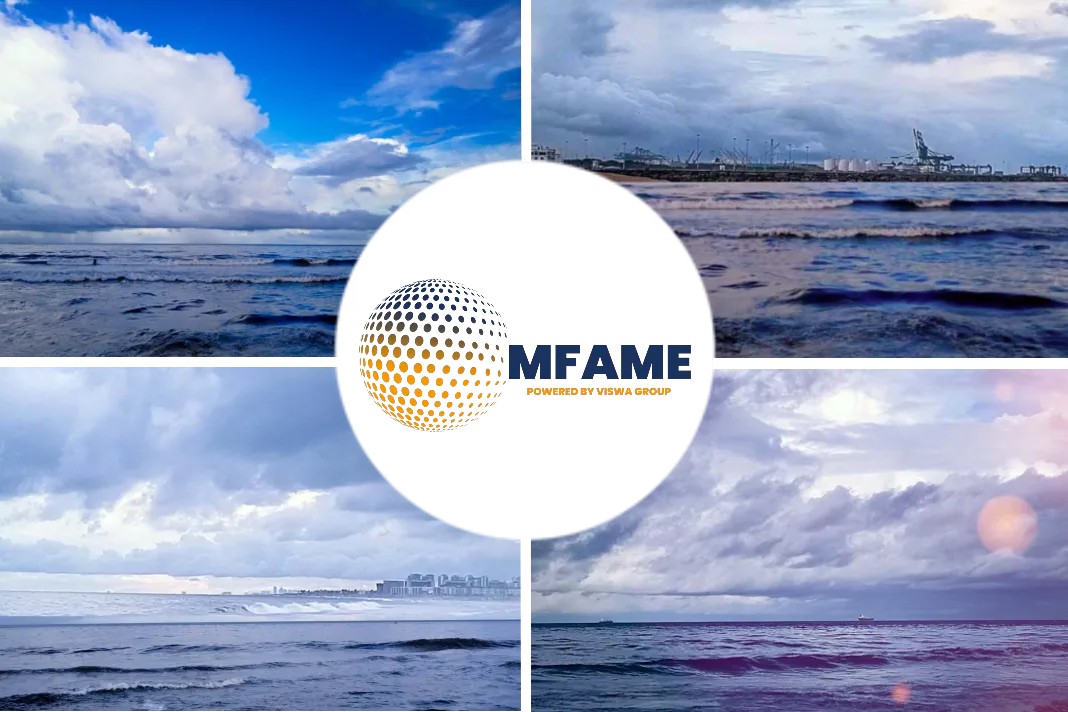
Every year, starting from Memorial Day weekend until Labor Day in early September, Americans embark on extensive summer travels, resulting in a significant increase in gasoline sales, as reported by Freight Waves.
Falling crude prices
Summer travel season is in full swing, leading to increased consumption of jet fuel and diesel as vacationers take to the skies and roads. Fuel markets are experiencing higher volatility this summer, partly due to Russia’s involvement in a conflict, impacting its role as a major supplier of refined petroleum products. Falling crude prices driven by recession concerns and elevated Russian exports are helping to stabilize gasoline, diesel, and jet fuel prices. However, Western inventories are low, and demand is rapidly recovering, approaching pre-COVID levels. This delicate supply-demand balance may lead to quick changes in Atlantic Basin tanker rates.
No gasoline price spike predicted
Initial concerns about price-cap sanctions on Russian exports causing global shortages and higher fuel prices have not materialized. Sanctions have effectively curbed Russian export profits while ensuring sufficient supply in global markets. U.S. gasoline prices have decreased by 23% compared to the previous year, and the Energy Information Administration (EIA) predicts further price drops to $3.20 per gallon by September. Despite vehicle miles travelled (VMT) in the U.S. being on par with 2019 levels, gasoline demand from June to August is expected to be lower due to improved fuel efficiency and the popularity of hybrid and electric vehicles. The introduction of remote work and the overall energy efficiency of internal combustion engines indicate that gasoline demand is unlikely to surpass pre-COVID levels. The summer driving season had a weaker start than anticipated, with Memorial Day weekend demand down 1.5% compared to the previous year. Overall, this year’s driving season has had a subdued beginning, according to industry reports.
Trans-Atlantic backhaul outperforming fronthaul
Product tanker rates are expected to increase with the rise in summertime demand. Medium-range (MR) product tankers, especially MR2 vessels, play a crucial role in the trans-Atlantic fuel trade. Traditionally, American diesel and gasoline are exported to South America, while European gasoline is shipped to the U.S. However, Brazil has recently shifted its diesel imports from the U.S. to discounted Russian supply, reducing the U.S. share to 21%. As a result, American diesel is now being redirected to Europe, leading to a surge in demand for MR tankers on the eastbound voyage. Europe, in turn, is seeking alternative supplies due to the cessation of Russian diesel imports, which has caused European diesel inventories to decline. The anticipated higher consumption during the European summer driving season is expected to further increase the demand for U.S. diesel. Additionally, the redirection of Russian diesel towards Brazil contributes to the overall demand for clean tankers, adding ton-miles to the market.
Higher US imports on top of higher exports
The U.S. driving season’s positive impact on gasoline shipping demand adds to the existing trends in the Atlantic Basin market. Spot rates for non-eco-design MR tankers were reported at $34,400 per day, showing a 46% increase month-on-month but still 15% below the 52-week trailing average. During the summer driving season, U.S. gasoline and blending components imports typically rise, while exports remain strong. This scenario is expected to support healthy trans-Atlantic flows and create arbitrage opportunities, benefiting the product tanker market. Low inventories in the U.S. are likely to drive gasoline imports and make prices and import levels more volatile. If imports do not keep up with demand, an open trans-Atlantic gasoline arbitrage window may emerge, potentially leading to short-term spikes in MR2 hire rates. Overall, indications suggest a positive outlook for Western MR2 demand this summer.
Did you subscribe to our newsletter?
It’s free! Click here to subscribe!
Source: Freight Waves


















